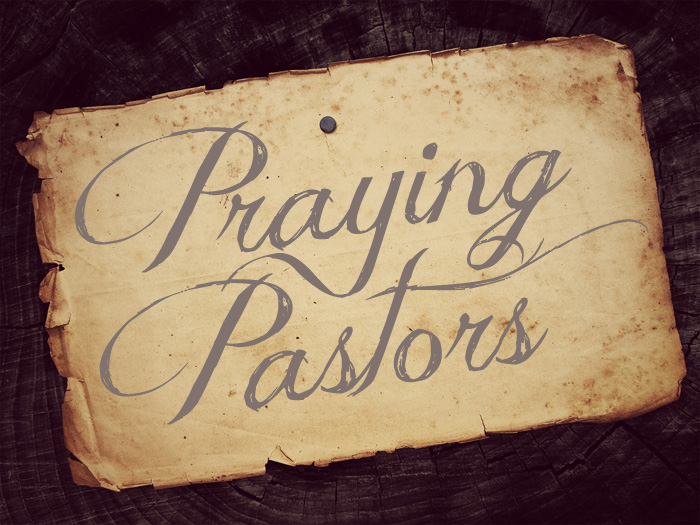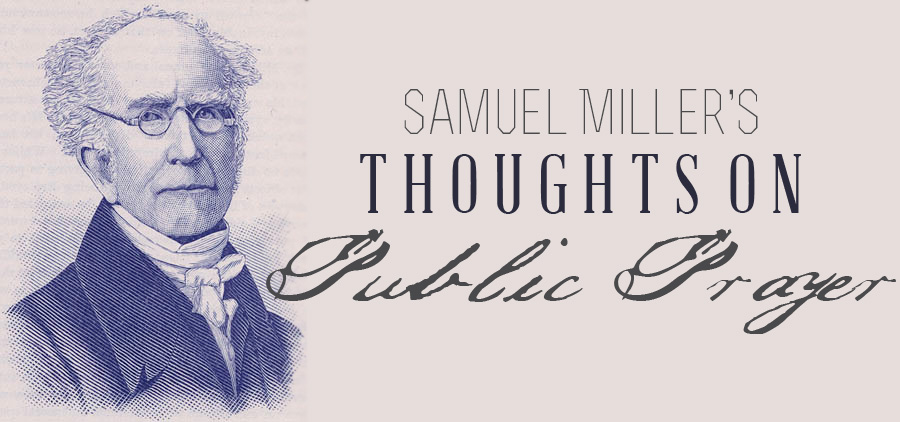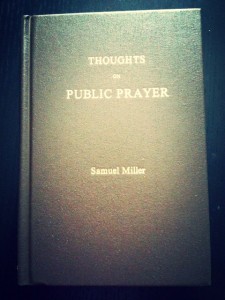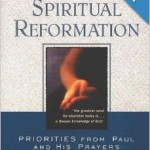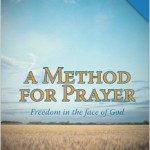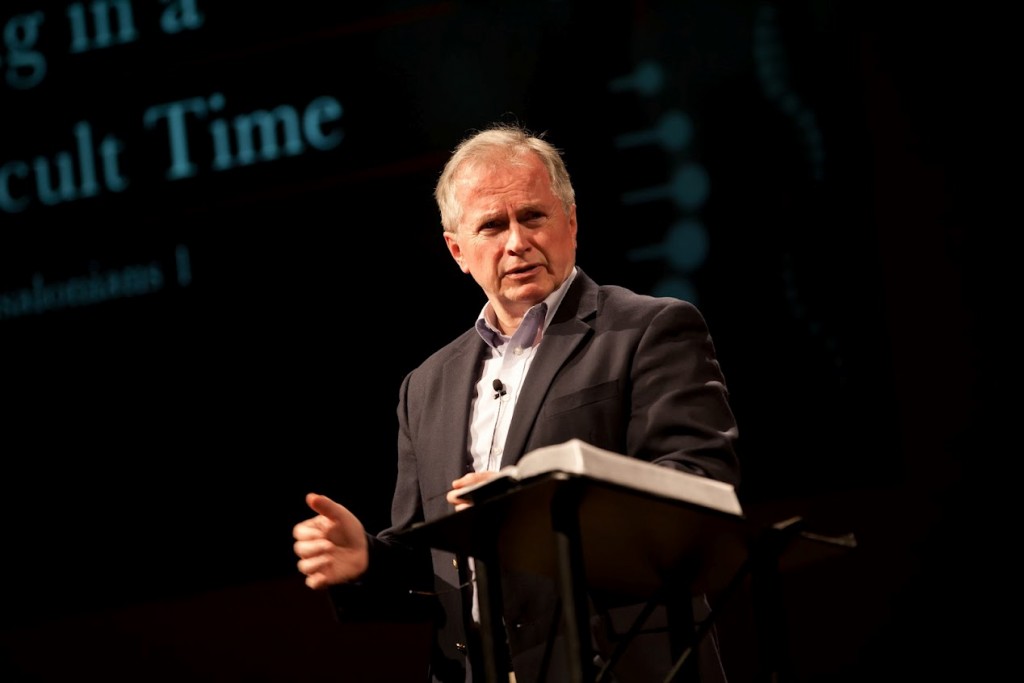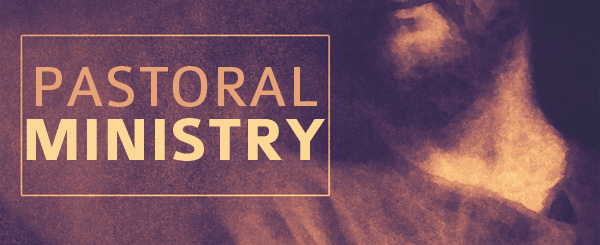
And rising very early in the morning, while it was still dark, he departed and went out to a desolate place, and there he prayed. And Simon and those who were with him searched for him, and they found him and said to him, “Everyone is looking for you.”And he said to them, “Let us go on to the next towns, that I may preach there also, for that is why I came out.” – Mark 1:35-38
In 2010 The Museum of Modern Art hosted artist Marina Abramovic’s performance entitled “The Artist is Present.” For 736 hours she sat immobile in the museum’s atrium while spectators were invited to sit across the table from her. It really was little more than an artistic staring context. Yet, photographers were present to capture the spectators response(s) while sitting underneath the Serbian’s stare. Many responded with laughter and excitement, while others saw sadness and were thus pictured with tears streaming onto the table. Abramovic’s performance highlighted a fact of life that many know, staring evokes a response.
Mark 1:35-38 is a scene pastors need to stare at and I believe the staring will produce a response. Three insights from the text are of particular value:
First, see the priority of prayer. The start of His ministry had been a resounding success; His authority captivated the crowds in Capernaum. They clamored for His presence and power, and what is His immediate response? He withdrew to a desolate place in order to pray. Let’s briefly consider Jesus’ practice of prayer as presented in the gospels. When He was baptized we are told he was praying (Luke 3:21). When he was transfigured, we are told that His face was transformed as he prayed (Luke 9:29). Before He appointed the twelve disciples, Luke tells us He tells us He continued all night in prayer (Luke 6:12). After feeding the five thousand all the people want to crown Him as king, but He leaves them in order to pray (Mark 9:23). In the moments leading up to His betrayal, arrest, and eventually crucifixion we find Him crying out in prayer (Mark 14:32-42). Prayer was clearly a priority that fueled His mission.
Pastors would be wise here to be challenged by the Savior’s devoted to prayer. In commenting on this passage the great Bishop Ryle said, “Here is the pulse of our Christianity, here is the true test of our state before God.” Pastor, how is the pulse of your ministry? I’d encourage you to consider what your practice of prayer reveals about your soul. The prayers of Christ are expressions of his dependence on God for strength, wisdom, and assurance. If prayer reveals dependence, what then does prayerlessness reveal? In a word, independence. Might our small progress in prayer be the rooted in a heart that finds greater joy in independence from God than dependence on God? Without prayer, pastoral ministry has no power. Charles Bridges famously quipped, “Prayer is one half of our ministry; and it gives to the other half all its power and success.”
Second, see the pitfall of preoccupation. The disciples cried out, “Where have you been, Jesus? You do not have time to seclude Yourself in prayer. You have ministry to perform. Your fame is spreading everywhere, and the place is filled with seekers. You need to be there not here.” We observe here, and find similar occasions all over the gospels, that a recurring pitfall for Jesus’ mission on earth was preoccupation with earthly concerns. The people’s – and disciples’ – concern was with health and happiness, not with the King’s demand for repentance and faith. The disciples’ preoccupation with secondary issues not only interrupted Jesus’ communion with God, but also threatened His mission for God. Pastor, what earthly preoccupations might be interrupting your communion with God and threatening your mission for God? We see in Mark 1 that no one makes progress in communion with God or mission for God who is not schooled in self-denial. There were compelling reasons for Jesus to stay and minister in Capernaum, but more compelling was leaving to fulfill the mission for which He was sent.
Third, see the primacy of preaching. This was Christ’s mission, to preach the gospel of the kingdom (Mark 1:38). The people wanted His healing and casting out of demons, but our Lord says He has come to preach.
We see that the spirit of the 1st century is just like the spirit of the 21st century. It’s a spirit that says, “This isn’t the time for preaching, this is the time for power. Signs and wonders will make people believe, but preaching will not.” Yet Jesus is telling us that in His kingdom, preaching is the highway to faith. We live by faith, not by sight. A kingdom built on signs and wonders is a kingdom built on sight, but a kingdom built on the Word is a kingdom built by faith. Preaching was the God-ordained means to extend the kingdom of grace, and preaching remains the God-ordained means to extend the kingdom of grace.
Pastor, God gave you to His church so that you would feed them with His word. This is the sum and substance of your work. Preaching builds, comforts, challenges, motivates, and sends the church.
A new week begins today. Let me encourage you to see the priority of prayer, the pitfall of preoccupation, and the primacy of preaching.
